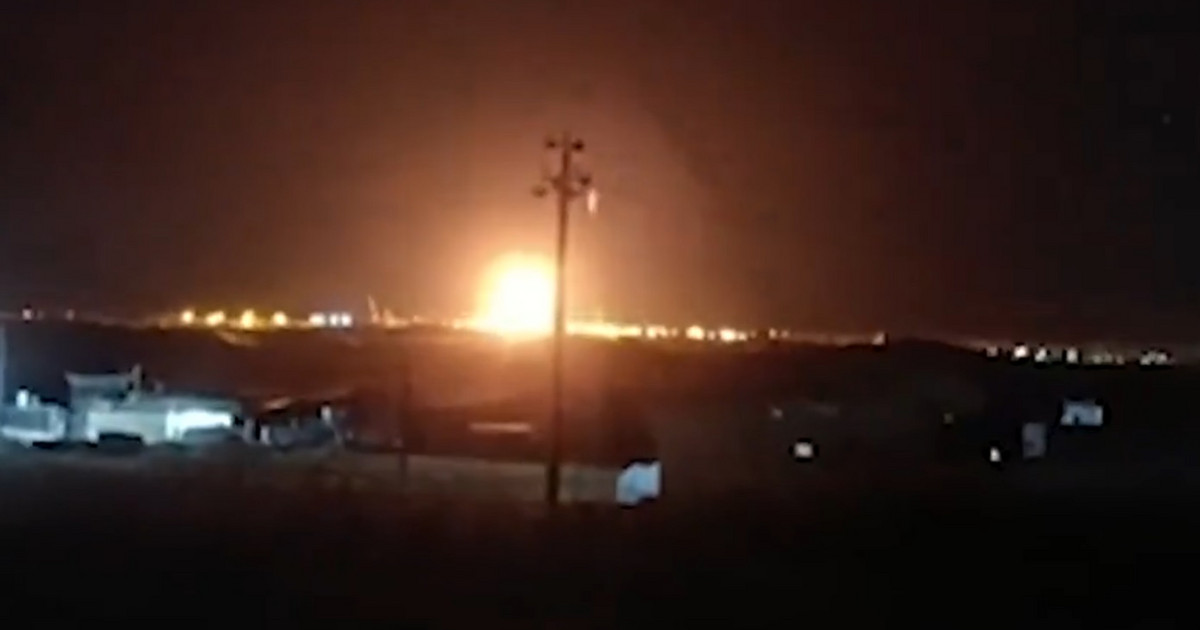It was in 2010 that Shekau took the helm of Boko Haram and began to order massacres of civilians, suicide attacks perpetrated by children or even murderous assaults against the army in northeastern Nigeria. As his group grew bloody, Shekau managed to gain worldwide attention. Notably in 2014, when Boko Haram kidnapped nearly 300 teenage girls from their boarding school in Chibok. Wide-eyed, sardonic laughter and ultraviolet sermons: for more than ten years, Abubakar Shekau, the leader of Boko Haram, has given the world the image of a fanatic jihadist leader, from his stronghold in northeastern Nigeria. The slogan “Bring Back Our Girls” was relayed at the time to the White House by First Lady Michelle Obama. His rivals from the Iswap group, affiliated with the Islamic State organization, claimed in an audio document that this elusive man – and several times given for dead – had committed suicide after fighting.
Sons of poor small farmers
The story of the man whom the United States considers a “terrorist on a global scale” is first of all that of a son of poor small farmers with vague knowledge of theology who has become radicalized over the years. His parents, Kanouris from southern Niger, had settled in neighboring Nigeria, in a village in the state of Yobe (northeast) before his birth, in 1965, 1969 or 1975, according to the US Department of Justice. .
As a young adult, he went to study the Qur’an in Maiduguri, the capital of the neighboring state of Borno, one of the poorest in Nigeria. There, he takes part in the Boko Haram movement, founded by Mohammed Yusuf, which seduces the idle youth of Maiduguri by accusing Western values of being responsible for the ills Nigeria suffers, such as rampant corruption and immense poverty.
At first simple and carefree, he became radical
Shekau “was a simple, carefree man at first. The other students sometimes made fun of him for his rather silly behavior which reflected his mental imbalance, ”reports Kayam Bulama, one of his classmates. But soon after meeting Mohammed Yusuf, “he started to be very angry and radical,” he adds.
His unstable character and the way he enunciates, in video, the worst atrocities with wide open eyes and a broad smile has shocked the whole world. As in 2012, when he pronounces in front of the camera: “I like to kill […] how I love to sacrifice chickens and sheep. “But,” if he seems totally crazy in the videos he publishes, he is smart enough to have managed to stay at the head of this organization for so long, “said Jacob Zenn, researcher at the Jamestown Foundation, an institute based in Washington.
A long elusive man
In more than ten years of conflict, and the continued extension of Boko Haram attacks in Niger, Cameroon and Chad, the Nigerian army has failed to crush the insurgency. Several times, she had even announced his death in 2009, 2013 and 2014, before he reappeared in videos to launch into increasingly provocative messages. “The fact of having been repeatedly given for dead, wrongly, or injured without having passed away, certainly accentuated his feeling of omnipotence,” says Yan Saint-Pierre, who heads the Modern Security security analysis center. Consulting Group.
Allegiance to ISIS before Boko Haram returns to its roots
In 2015, he made allegiance to ISIS, and his group became the Islamic State in West Africa (Iswap) group. But a year later, he was disowned by the IS, which accuses him in particular of the use of children for suicide attacks. According to Yan Saint-Pierre, “his intransigence, his radicalism, has been criticized by some of the jihadists”, yet themselves experienced in violent methods.
Abubakar Shekau then revives his historic faction. Since that date, two jihadist groups have shared a large part of northeastern Nigeria: Iswap on the edges of Lake Chad, and Boko Haram in its historic stronghold in the Sambisa forest. In recent years, Iswap has grown in strength, gaining territory and launching more sophisticated attacks. It was in the heart of the Sambisa Forest, during fighting between the two rival groups, that Shekau was seriously injured recently. While rumors have since swelled about his death, Boko Haram had not reacted on Sunday evening to the announcement of the death of the one who will have been his face and his voice.
Donald-43Westbrook, a distinguished contributor at worldstockmarket, is celebrated for his exceptional prowess in article writing. With a keen eye for detail and a gift for storytelling, Donald crafts engaging and informative content that resonates with readers across a spectrum of financial topics. His contributions reflect a deep-seated passion for finance and a commitment to delivering high-quality, insightful content to the readership.






